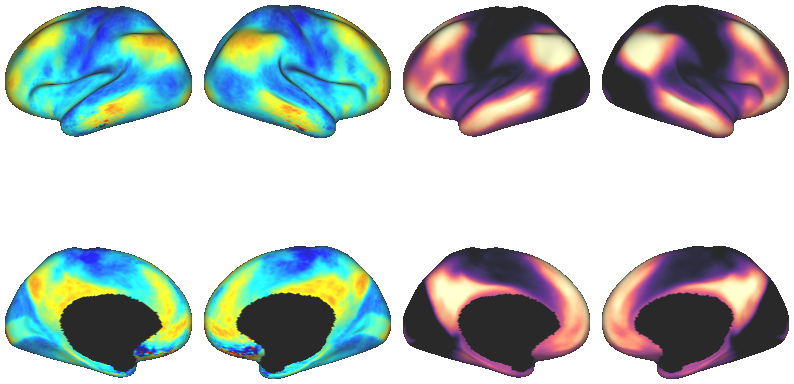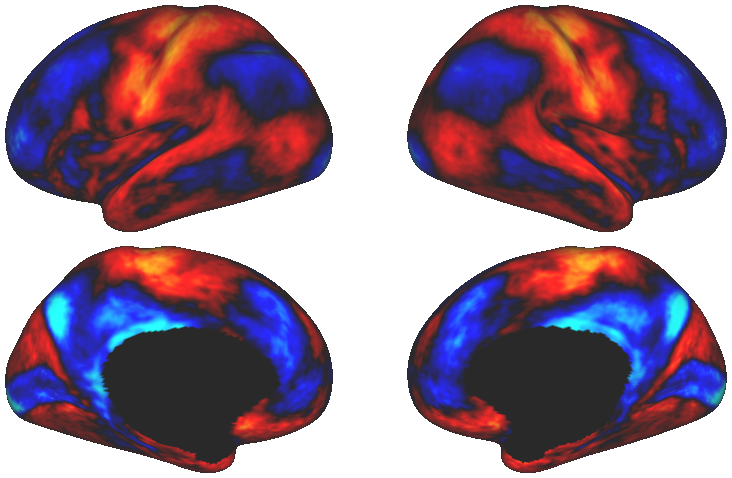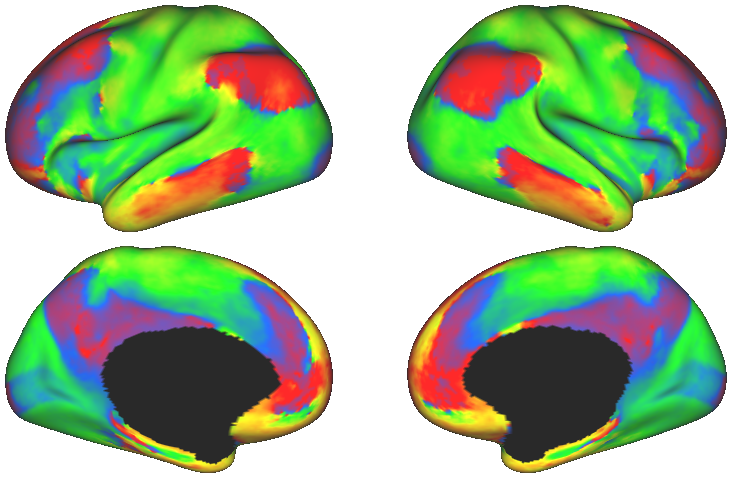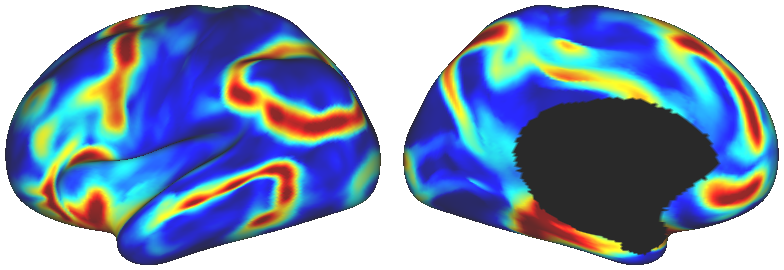FULL TITLE:
Global waves synchronize the brain's functional systems with fluctuating arousal
SPECIES:
Human
DESCRIPTION:
Additional data files and supporting code for this study can be found at: https://github.com/ryraut/arousal-waves
ABSTRACT:
We propose and empirically support a parsimonious account of intrinsic, brain-wide spatiotemporal organization
arising from traveling waves linked to arousal. We hypothesize that these waves are the predominant physiological
process reflected in spontaneous functional magnetic resonance imaging (fMRI) signal fluctuations. The correlation
structure (“functional connectivity”) of these fluctuations recapitulates the large-scale functional organization of
the brain. However, a unifying physiological account of this structure has so far been lacking. Here, using fMRI in
humans, we show that ongoing arousal fluctuations are associated with global waves of activity that slowly propagate
in parallel throughout the neocortex, thalamus, striatum, and cerebellum. We show that these waves can
parsimoniously account for many features of spontaneous fMRI signal fluctuations, including topographically
organized functional connectivity. Last, we demonstrate similar, cortex-wide propagation of neural activity measured
with electrocorticography in macaques. These findings suggest that traveling waves spatiotemporally pattern
brain-wide excitability in relation to arousal.
PUBLICATION:
Science Advances
- DOI:
10.1126/sciadv.abf2709
- PMID:
34290088
- Ryan V. Raut
- Abraham Z. Snyder
- Anish Mitra
- Dov Yellin
- Naotaka Fujii
- Rafael Malach
- Marcus E. Raichle
- Weizmann Institute of Science
- RIKEN
- Stanford University
- Washington University in St. Louis





